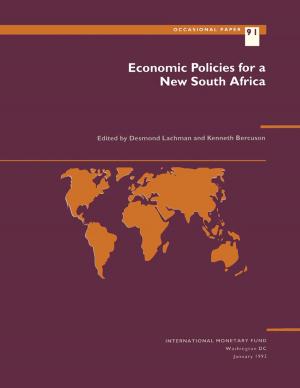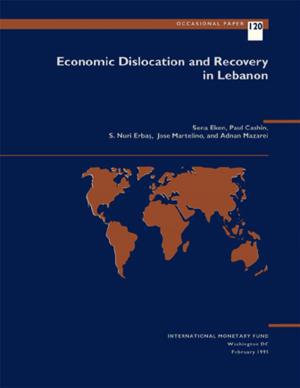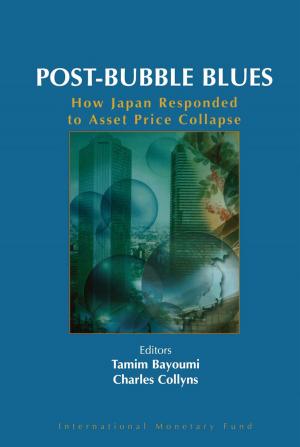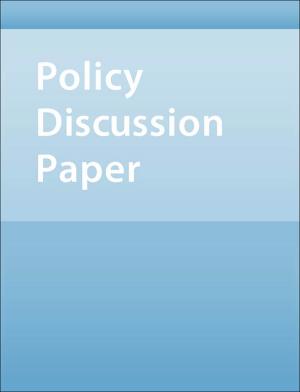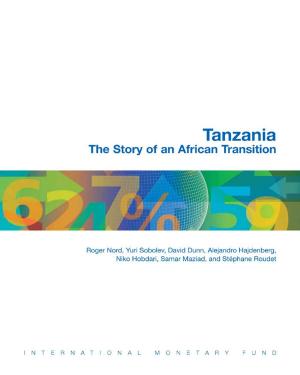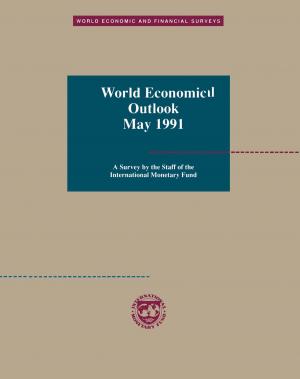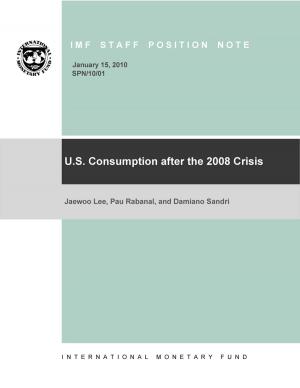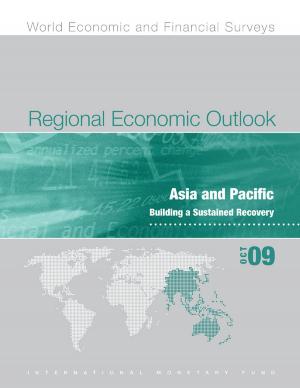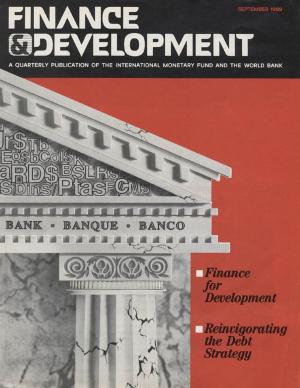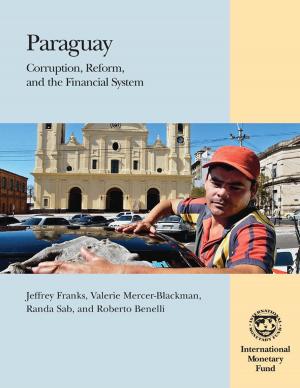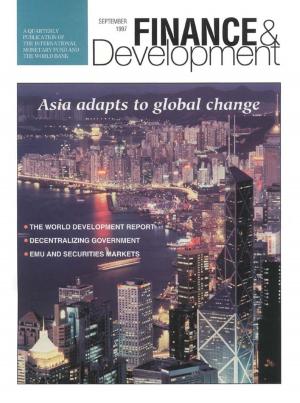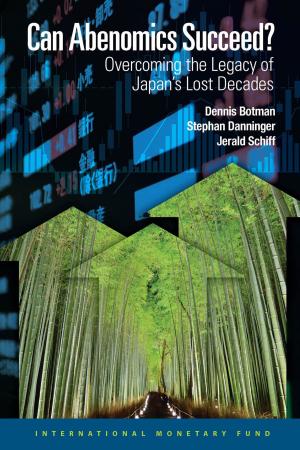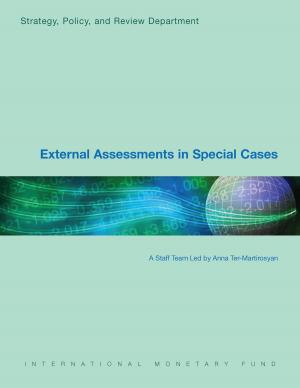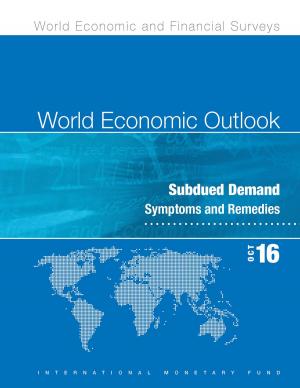Internationalization of Emerging Market Currencies--A Balance Between Risks and Rewards
Business & Finance, Economics, Money & Monetary Policy, Macroeconomics| Author: | Faisal Mr. Ahmed, Shengzu Mr. Wang, Isabelle Mrs. Mateos y Lago, Samar Maziad, Stephanie Segal, Pascal Farahmand, Udaibir Mr. Das | ISBN: | 9781463952105 |
| Publisher: | INTERNATIONAL MONETARY FUND | Publication: | October 19, 2011 |
| Imprint: | INTERNATIONAL MONETARY FUND | Language: | English |
| Author: | Faisal Mr. Ahmed, Shengzu Mr. Wang, Isabelle Mrs. Mateos y Lago, Samar Maziad, Stephanie Segal, Pascal Farahmand, Udaibir Mr. Das |
| ISBN: | 9781463952105 |
| Publisher: | INTERNATIONAL MONETARY FUND |
| Publication: | October 19, 2011 |
| Imprint: | INTERNATIONAL MONETARY FUND |
| Language: | English |
As large emerging market economies take on an increasing role in the global economy, it is useful to explore the possibility of their currencies attaining “international” status. The benefits of currency “internationalization” have to be balanced against country-specific and systemic risks which could result, for instance, from sudden portfolio shifts and reduced network externalities. In this context, the paper contributes to the debate on strengthening the IMS by surveying the evolving landscape of international currencies and examining a number of questions: What is the potential for internationalizing the use of emerging market currencies? What are the benefits/risks to emerging market economies and the system, and how can any risks be managed? And, how might emerging market currency internationalization contribute to IMS stability?
As large emerging market economies take on an increasing role in the global economy, it is useful to explore the possibility of their currencies attaining “international” status. The benefits of currency “internationalization” have to be balanced against country-specific and systemic risks which could result, for instance, from sudden portfolio shifts and reduced network externalities. In this context, the paper contributes to the debate on strengthening the IMS by surveying the evolving landscape of international currencies and examining a number of questions: What is the potential for internationalizing the use of emerging market currencies? What are the benefits/risks to emerging market economies and the system, and how can any risks be managed? And, how might emerging market currency internationalization contribute to IMS stability?

